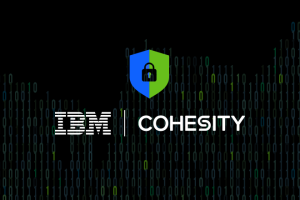The latest findings from Netsafe’s 2023 annual population survey data provide insights into the state of New Zealanders’ experiences with harm in comparison to 2018 when the last research was conducted.
Within the past year, nearly half of Māori individuals (46%) encountered harmful digital communications, encompassing unwanted sexual advances, false allegations, racist remarks, and online stalking.
Thirteen percent of all New Zealanders personally experienced online hate speech in the past year, marking a decrease in the number of people not reporting any form of online hate speech compared to 2018.
Individuals under 30, those who are neurodiverse, members of the LGBTQIA+ community, individuals with long-term health issues, and Auckland residents are more likely than average to have experienced hate speech in the last 12 months.
Factors perceived as reasons for being targeted by hate speech predominantly include ethnicity, race, gender, and political views.
The research by Netsafe highlights that 46% of both the general population and Māori have encountered harmful digital communications in the past year.
Digital harm affected just over a tenth (14%) of the general population’s lives, contrasting with over a third (39%) of Māori.
Netsafe CEO Brent Carey emphasizes the importance of firsthand knowledge from New Zealanders to comprehend the online landscape, particularly as the statistics show certain groups, such as Māori, individuals under 30, neurodiverse individuals, and LGBTQIA+ community members, are disproportionately affected by digital harm.
Despite awareness of online harm, it can still significantly impact mental well-being. Helplines, the health sector, and community support services play a crucial role in aiding all New Zealanders in reporting and recovering from online harm.
Carey emphasizes that individuals from specific communities, including Māori, neurodiverse, and LGBTQIA+ individuals, are more likely to become victims of online harm, underscoring the need for tailored support and resources.
Approximately 24% of both Māori and the general population who experienced unwanted digital communications sought support services, a figure Carey hopes will increase in the coming years. He emphasizes the importance of encouraging people to reach out to Netsafe and other helplines for assistance and advocates for additional funding for programs targeting online harm perpetrators to discourage such behavior.






















